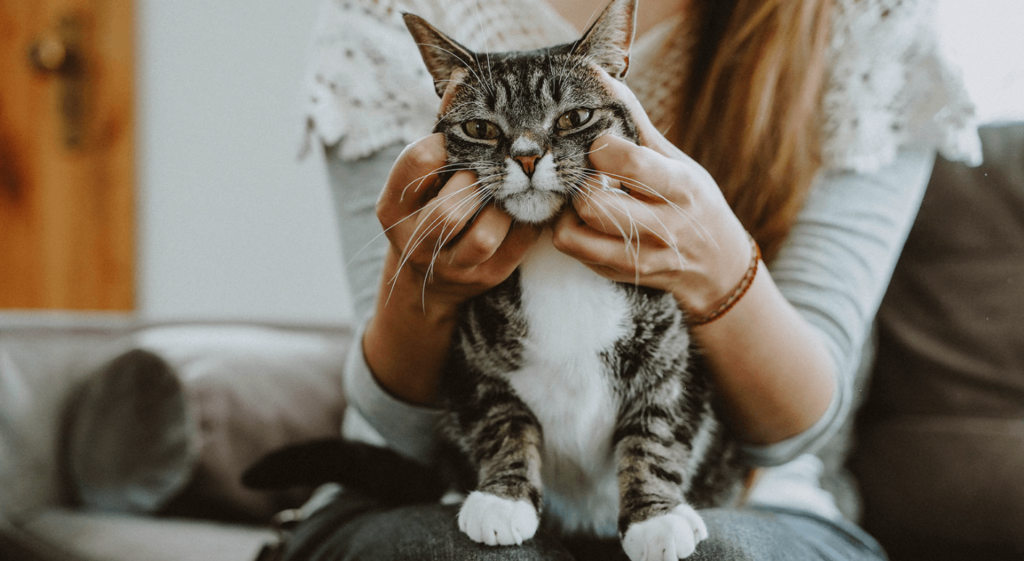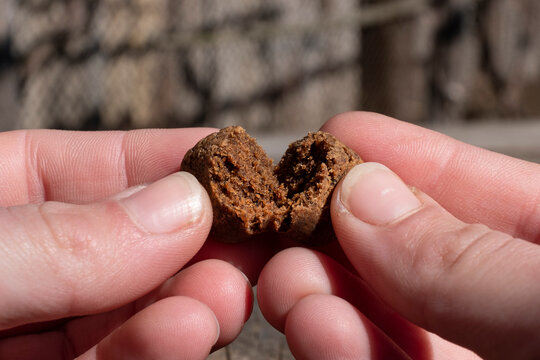
Cats will never win awards for their dental hygiene, but that doesn’t mean you can’t take a few steps to protect their teeth and gums. As with humans, cats can get cavities and gum disease — and we’re not just talking about when you feed them after midnight. To keep your kitty’s mouth clean and healthy, it’s important to invest in the right products.
In this post, we’ll go over six ways you can help maintain your cat’s dental health without making a big commitment of hard-earned cash.
1. Brush Your Cat’s Teeth
Just like human teeth, your cat’s teeth will eventually become prone to wear. The first sign that your feline may have a problem is the tartar build-up around their teeth, and then more serious cases can include sensitivity when eating or even bleeding gums.
To ensure you are looking after your cat’s teeth before any problems occur is to run your fingers gently across their teeth. Though this doesn’t sound like an appealing option, brushing times should be less than twice a week and only a real scrub once every couple of months.
Cats have a strong natural defense against bacteria and a very short saliva production cycle, which means they’ll need to brush regularly to keep their teeth clean. There are plenty of cat toothbrushes you can choose from.
2. Replace Your Cat’s Toothbrush
Unlike dogs, cats are particularly sensitive to nylon bristles in toothbrushes. While some cats will tolerate nylon-coated brushes, others absolutely do not. If your cat is consistently licking the bristles like crazy and displaying other signs of irritation when using the typical brush — such as excessive drooling or irritation around their mouth — it’s smart to get your kitty another kind of toothbrush.
3. Stock Up On Toothbrushes In Different Fibers
In the same way that humans will have different tastes in toothbrushes, cats are also likely to prefer different types of bristles. The textured bristles on some lambswool or chamois-handled toothbrushes will be especially appealing to many cats. You can also get special cat brushes that are designed specifically to clean a cat’s teeth.
4. Consider A Supervised Dental Session
Some vets offer a supervised oral examination with your cat, which is a very smart way to keep track of your kitty’s teeth. Your vet will be able to tell you if there are any problems or spot issues early on. Regular dental examinations are especially important if you have an older cat whose condition might change quickly.
5. Make An Extra Effort For Seniors
Seniors often have additional problems due to age, so they must get extra dental care beyond brushing their teeth regularly. It’s a good idea to see your vet regularly and have teeth x-rays taken as part of your cat’s annual health check.
6. Negotiate With Your Vet
Vet bills can get pretty pricey, so it’s a good idea to discuss your cat’s dental problems with your vet and see what they can recommend. You might be surprised at how much of that money is going towards the cost of cleaning, medication, or the cost equipment used by their veterinarians.
Hopefully, these tips will help you keep your kitty’s mouth healthy and happy!




More Stories
8 Reasons Why Moving Into A Care Home Can Be A Positive Thing
What To Expect From A Nursing Care Home
The Quest for the Best Hash Online in Canada: Tips and Tricks